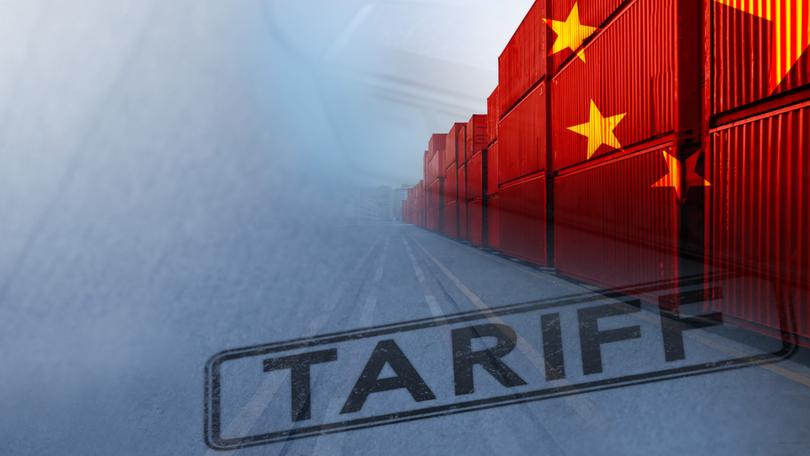THE ECONOMIST: Why has Donald Trump held fire on tariffs
The President had promised hefty levies immediately — so where are they?

Donald Trump started his new presidential term with an unexpected show of restraint. Just a couple of months ago, Mr Trump had warned that he would announce hefty new levies on his first day back in the White House. Instead, he opted for a softer opening.
He was set to issue a presidential memorandum, calling for an “America first” trade policy and a review of commercial relationships with China, Canada and Mexico. His measured start prompted relief in government offices and on trading floors around the world. Foreign currencies and stocks rallied.
How long will Mr Trump’s restraint last? In his inaugural address he vowed to follow through on his pledge to jack up tariffs, a staple of his campaign. “Instead of taxing our citizens to enrich other countries, we will tariff and tax foreign countries to enrich our citizens,” he said — a line that his supporters may love but which distorts the grimmer reality of how tariffs function in part as a tax on Americans. He also said the government would establish an External Revenue Service to collect the “massive amounts of money” that will pour into America from its tariffs.
Sign up to The Nightly's newsletters.
Get the first look at the digital newspaper, curated daily stories and breaking headlines delivered to your inbox.
By continuing you agree to our Terms and Privacy Policy.Mr Trump’s initial caution may be explained by the fact that he uses the stock market as a barometer of economic sentiment, and may have wanted to avoid rattling investors at the outset of his presidency. Although American markets were closed for Martin Luther King Day on January 20, futures jumped after initial reports about the absence of new tariffs, pointing to a strong opening on the 21st.
The delay also hints at continued debate within Mr Trump’s inner circle about how exactly to pursue tariffs. More traditional conservatives such as Scott Bessent, nominated to be treasury secretary, want levies to be limited at the outset, mainly targeting industries that America wants to cultivate at home, such as batteries and steel. Hawkish voices in his White House — notably, Stephen Miller, deputy chief of staff for policy — are pushing for the universal tariffs that Mr Trump promised on the campaign trail. By using his presidential memo to call for an “America first” trade policy without specifying its actual content, Mr Trump has given the different groups breathing space to work out the details.
Waiting a few months on tariffs could also serve a legislative purpose. Under the arcane budgetary rules of Congress, bills passed with a narrow majority through the reconciliation process cannot increase the federal deficit on a permanent basis. In practice, that means that Republicans must find “pay-fors” to cover the cost of extending Mr Trump’s tax cuts from 2017, many of which are due to expire at the end of this year. By holding fire on trade for now, Mr Trump has left Republicans with tariffs as a large, albeit controversial, source of revenue for a tax package. If they decide against including tariffs in their bill, Mr Trump still has a range of legal options, such as declaring an economic emergency that would allow him to impose tariffs unilaterally.
A final wrinkle is that a delay in tariffs aligns with Mr Trump’s instincts as a dealmaker. He believes, contrary to most evidence, that tariffs are good for America’s economy. But he also thinks, consistent with more evidence, that the threat of tariffs offers America clout in talks with other countries. In particular, Mr Trump has signalled that he wants to re-engage with China: the Wall Street Journal reported on January 18 that he would like to visit Beijing to meet Xi Jinping, China’s leader, within his first 100 days in office. Rather than kick off a new trade war before that meeting, Mr Trump would come armed with the possibility of new tariffs, potentially giving him a stronger position at the negotiating table.
The thread running through all these explanations is that tariffs are almost certainly still coming. After an initial market rally, Mr Trump may feel emboldened. In time, his advisers will settle on a strategy. And talks with China, not to mention with Canada and Mexico, are unlikely to fulfil all of Mr Trump’s wishes. “If anyone thinks we’re done with tariffs, I don’t think that’s the way to read it,” says Sarah Bianchi, a former American deputy trade representative. Although Mr Trump may have displayed surprising patience on day one, the self-declared “tariff man” will surely ride again.
